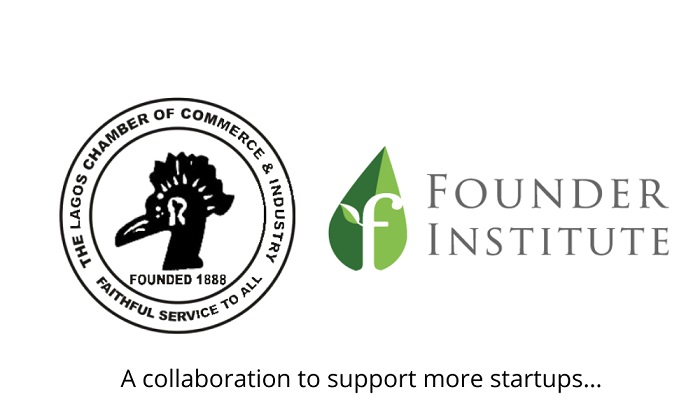The Lagos Chamber of Commerce and Industry (LCCI) has expressed strong disapproval of the Central Bank of Nigeria’s recent decision to raise the benchmark interest rate to 27.25%, warning that it will worsen an already difficult business climate.
In a statement, LCCI Director General Dr. Chinyere Almona acknowledged some minor improvements in inflation rates but criticized the Central Bank’s approach. “While the marginal drop in the August headline inflation rate to 32.15% from 33.40% in July is positive, the year-on-year comparison reveals a concerning 6.35% increase,” she stated. She emphasized that the elevated interest rate further complicates the operating environment for businesses.
Dr. Almona also dismissed the Central Bank’s rationale for the interest rate increase, which cited concerns over potential petrol price hikes. “The excuse by the CBN is not a sustainable argument,” she asserted, highlighting the need for more effective strategies to tackle the underlying causes of inflation.
Following the Central Bank’s Monetary Policy Committee meeting on Tuesday, the MPR was raised from 26.75% to 27.25%. In light of this, the LCCI urged the Federal Government to intervene in ongoing disputes regarding the pricing of both imported and locally refined petroleum products, especially between the Nigerian National Petroleum Corporation Limited and Dangote Refinery.
The LCCI pinpointed rising energy and transportation costs as key drivers of inflation. Dr. Almona called for urgent reforms in the energy sector to ensure a stable electricity supply for manufacturers and small and medium enterprises (SMEs). “Accelerate energy reforms to improve electricity generation, reduce reliance on costly diesel and petrol, and ensure stable power supply for manufacturers and SMEs. The transition to renewable energy sources should be prioritized to reduce production costs,” she advised.
Additionally, the chamber urged investments in transportation infrastructure, particularly rail and road networks, to mitigate logistics expenses and stabilize consumer market prices. It also recommended embracing compressed natural gas mobility to further enhance efficiency.
The LCCI stressed the importance of transparent foreign exchange management to curb speculation and stabilize the naira, arguing that a stable exchange rate is essential for moderating imported inflation, particularly for crucial commodities and raw materials.
To support businesses in planning, the LCCI proposed establishing a fixed import duty exchange rate for a set duration. It concluded by calling on the Federal Government to adopt a comprehensive and sustained approach to combat inflation, focusing on enhancing local production, stabilizing energy and transportation costs, and ensuring coherence between monetary and fiscal policies.










